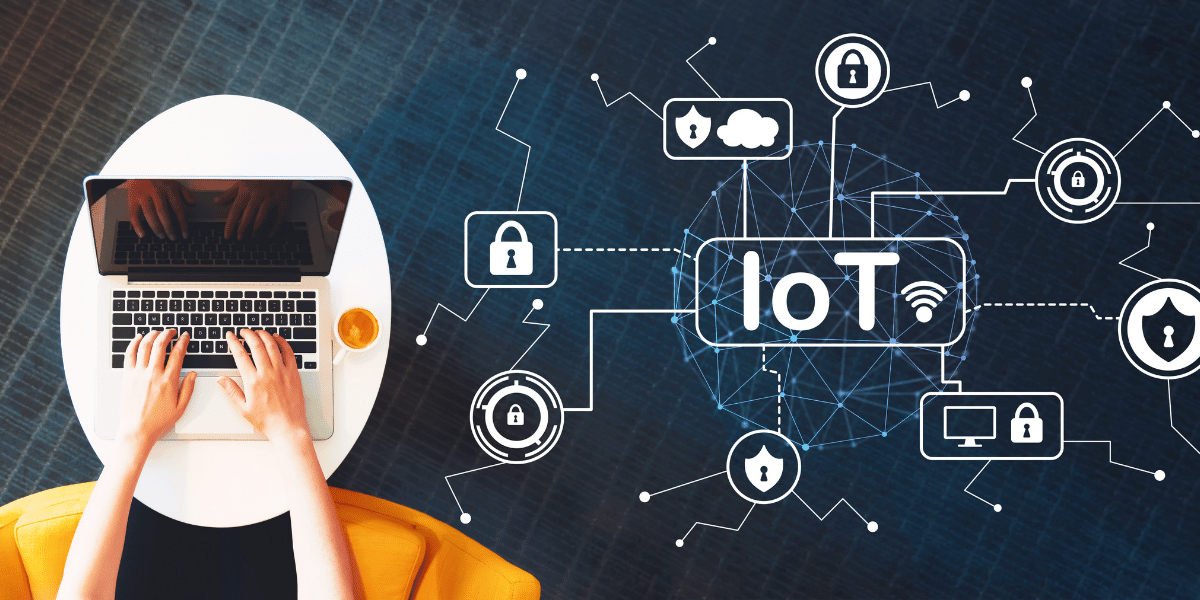IoT, or Internet of Things, has revolutionized the way we live, work, and interact with the world around us. In this digital age, IoT applications have seamlessly integrated into our daily lives, making our world smarter and more connected than ever before. From smart homes to healthcare, transportation to agriculture, IoT technology is playing a pivotal role in shaping the future. Let’s explore the diverse applications of IoT in everyday life.
1. Smart Homes: Enhancing Comfort and Convenience
In the realm of smart homes, IoT devices have transformed the way we manage our living spaces. Smart thermostats, lighting systems, and home security cameras are just a few examples of IoT applications that enhance comfort, save energy, and provide security. With the ability to control these devices remotely via smartphones, homeowners have unprecedented control over their living environment.
2. Healthcare: Improving Patient Care
IoT technology has made significant inroads in the healthcare sector. Wearable devices, equipped with sensors, can monitor vital signs and send real-time data to healthcare providers. This technology enables remote patient monitoring, ensuring timely intervention and personalized care. IoT devices have also facilitated the development of smart pills, helping patients adhere to medication schedules through timely reminders.
3. Transportation: Making Commutes Smarter and Safer
In the realm of transportation, IoT applications have led to the development of smart cars and intelligent traffic management systems. Connected vehicles can communicate with each other, reducing the risk of accidents and optimizing traffic flow. Additionally, IoT-enabled public transportation systems provide real-time updates on schedules and routes, making commuting more efficient for passengers.
4. Agriculture: Revolutionizing Farming Practices
The agricultural sector has embraced IoT technology to enhance crop yield and optimize resource utilization. IoT devices such as soil sensors, drones, and smart irrigation systems collect data on soil quality, weather patterns, and crop health. Farmers can make data-driven decisions, ensuring the sustainable growth of crops. IoT applications in agriculture have not only increased productivity but also promoted environmental conservation.
5. Retail: Creating Personalized Shopping Experiences
Retailers are leveraging IoT applications to provide personalized shopping experiences to customers. Smart beacons in stores interact with customers’ smartphones, offering discounts, product recommendations, and interactive maps for efficient shopping. These applications enhance customer engagement and satisfaction, fostering brand loyalty in an increasingly competitive market.
6. Education: Transforming Learning Environments
IoT applications have revolutionized education by creating interactive and engaging learning environments. Smart classrooms equipped with IoT devices enhance student-teacher interactions. Interactive whiteboards, wearable devices, and educational apps provide personalized learning experiences, catering to diverse learning styles. IoT technology in education not only fosters collaboration but also prepares students for the digital challenges of the future.
Conclusion
In conclusion, IoT applications have permeated various aspects of our lives, making our world smarter, more efficient, and interconnected. From the comfort of our homes to the fields of agriculture, IoT technology continues to enhance the quality of our lives and drive innovation. Embracing the potential of IoT applications is not just a trend but a necessity in this rapidly evolving digital landscape.
Frequently Asked Questions
1. What is IoT, and how does it work?
IoT, or Internet of Things, refers to a network of interconnected devices that communicate and exchange data over the internet. These devices are embedded with sensors, software, and other technologies, enabling them to collect and transmit data without human intervention.
2. Are IoT devices secure?
Security is a paramount concern in IoT applications. Manufacturers employ various security measures such as encryption, authentication protocols, and regular software updates to ensure the safety of IoT devices. However, users must also practice good cybersecurity habits to enhance the security of their connected devices.
3. How does IoT benefit businesses?
IoT applications provide businesses with valuable data insights, enabling them to optimize operations, improve efficiency, and enhance customer experiences. IoT technology also enables predictive maintenance, reducing downtime and operational costs.
4. Can IoT devices be hacked?
While IoT devices have robust security measures, they are not immune to hacking attempts. It’s essential for users to regularly update their device firmware, use strong passwords, and avoid connecting to unsecured networks to minimize the risk of hacking.
5. What is the future of IoT technology?
The future of IoT technology holds immense potential. With advancements in artificial intelligence and machine learning, IoT applications will become even more intelligent and adaptive. From smart cities to healthcare innovations, IoT will continue to shape a more connected and efficient world.
Plant-based materials revolutionize soft robotics



